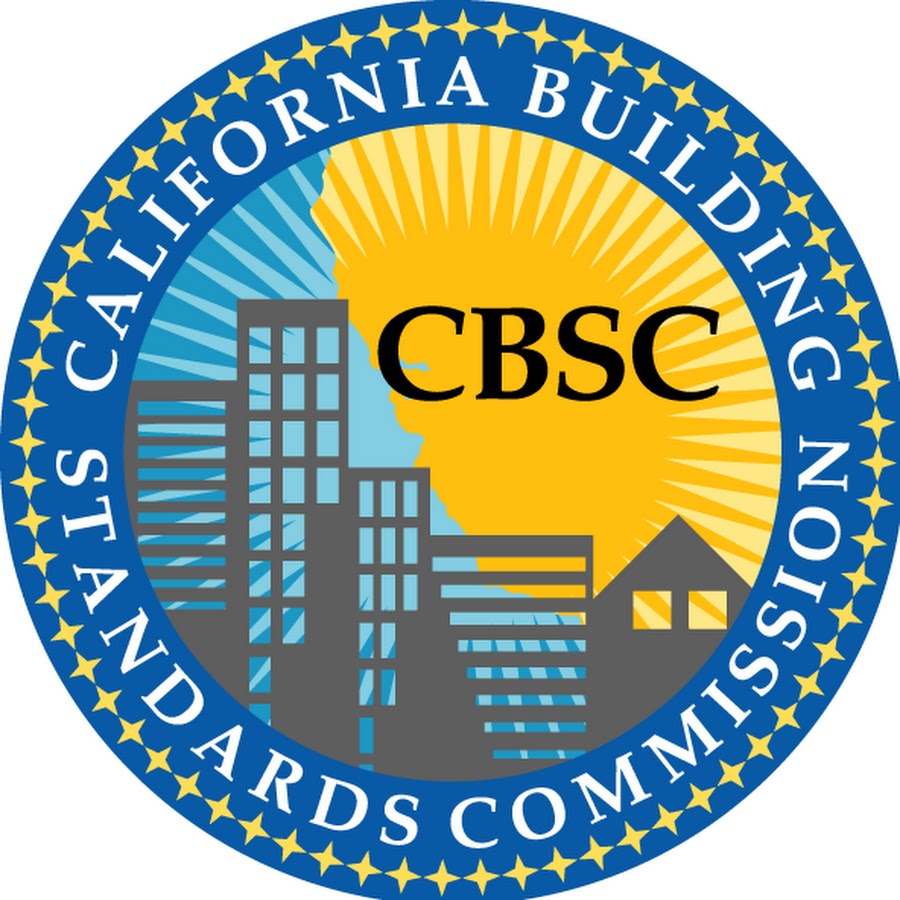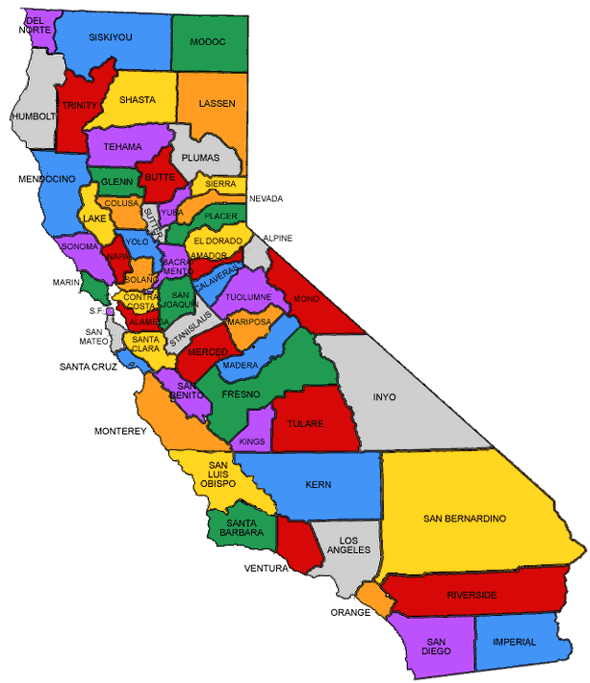
California Bear Flag. (Photo: ca.gov)
The California Citizens Compensation Commission
The CCCC is comprised of seven members who are appointed by the Governor for 6-year terms
By Chris Micheli, August 4, 2020 6:26 am
In 1990, the statewide electorate created the California Citizens Compensation Commission (CCCC) in state government. The voters passed Proposition 112 for the purpose of setting the salaries, as well as the benefits, of California’s elected officials. Thereafter, in 2009, the statewide voters also adopted a ballot measure to preclude the CCCC from increasing the salaries of these elected officials during years in which the state has a budget deficit.
The CCCC is comprised of seven members who are appointed by the Governor for 6-year terms. State law requires the CCCC to meet by June 30 each year to decide what changes in compensation and benefits are to be made the following December. As a result, the CCCC’s decisions are effective each December.
The CCCC is found in Article III, Section 8 of the California Constitution. Subdivision (a) creates the CCCC and specifies that there are seven members appointed by the Governor and charges the commission to “establish the annual salary and the medical, dental, insurance, and other similar benefits of state officers.”
Subdivision (b) specifies the commission’s membership, including three public members with specifies areas of expertise; two members who have experience in the business community, and two members who are either officers or members of a labor organization.
Subdivision (c) requires the Governor to “strive insofar as practicable to provide a balanced representation of the geographic, gender, racial, and ethnic diversity of the State in appointing commissioners. Subdivision (d) requires the Governor to appoint CCCC members and designate a chairperson. Pursuant to Subdivision (e), current and former officers and employees of the state are ineligible for being appointed to the commission.
Subdivision (f) requires public notice of all CCCC meetings and that these meetings be open to the public. A majority vote of the commission is required to adjust the benefits and salaries of state officers. Subdivision (h) specifies that the commissioners must consider the following factors:
(1) The amount of time directly or indirectly related to the performance of the duties, functions, and services of a state officer.
(2) The amount of the annual salary and the medical, dental, insurance, and other similar benefits for other elected and appointed officers and officials in this State with comparable responsibilities, the judiciary, and, to the extent practicable, the private sector, recognizing, however, that state officers do not receive, and do not expect to receive, compensation at the same levels as individuals in the private sector with comparable experience and responsibilities.
(3) The responsibility and scope of authority of the entity in which the state officer serves.
(4) Whether the Director of Finance estimates that there will be a negative balance in the Special Fund for Economic Uncertainties in an amount equal to or greater than 1 percent of estimated General Fund revenues in the current fiscal year.
Subdivision (l) defines the term “state officer” to include the Governor, Lieutenant Governor, Attorney General, Controller, Insurance Commissioner, Secretary of State, Superintendent of Public Instruction, Treasurer, member of the State Board of Equalization, and Member of the Legislature.
Under Subdivision (j), the commissioners are paid for their actual and necessary expenses for performing their duties. Pursuant to Subdivision (k), the Department of Personnel Administration furnishes staff and resources to the commission as needed to perform its duties.
- New Assembly Bill Would Ban NDAs in Legislative Negotiations - April 19, 2024
- Frequently Asked Questions about California Bills Having Certain Provisions - April 19, 2024
- Senate Proposes Equity Impact Analysis of Legislation - April 18, 2024





One thought on “The California Citizens Compensation Commission”